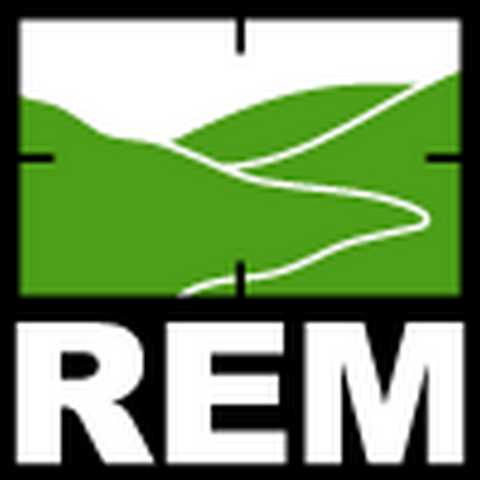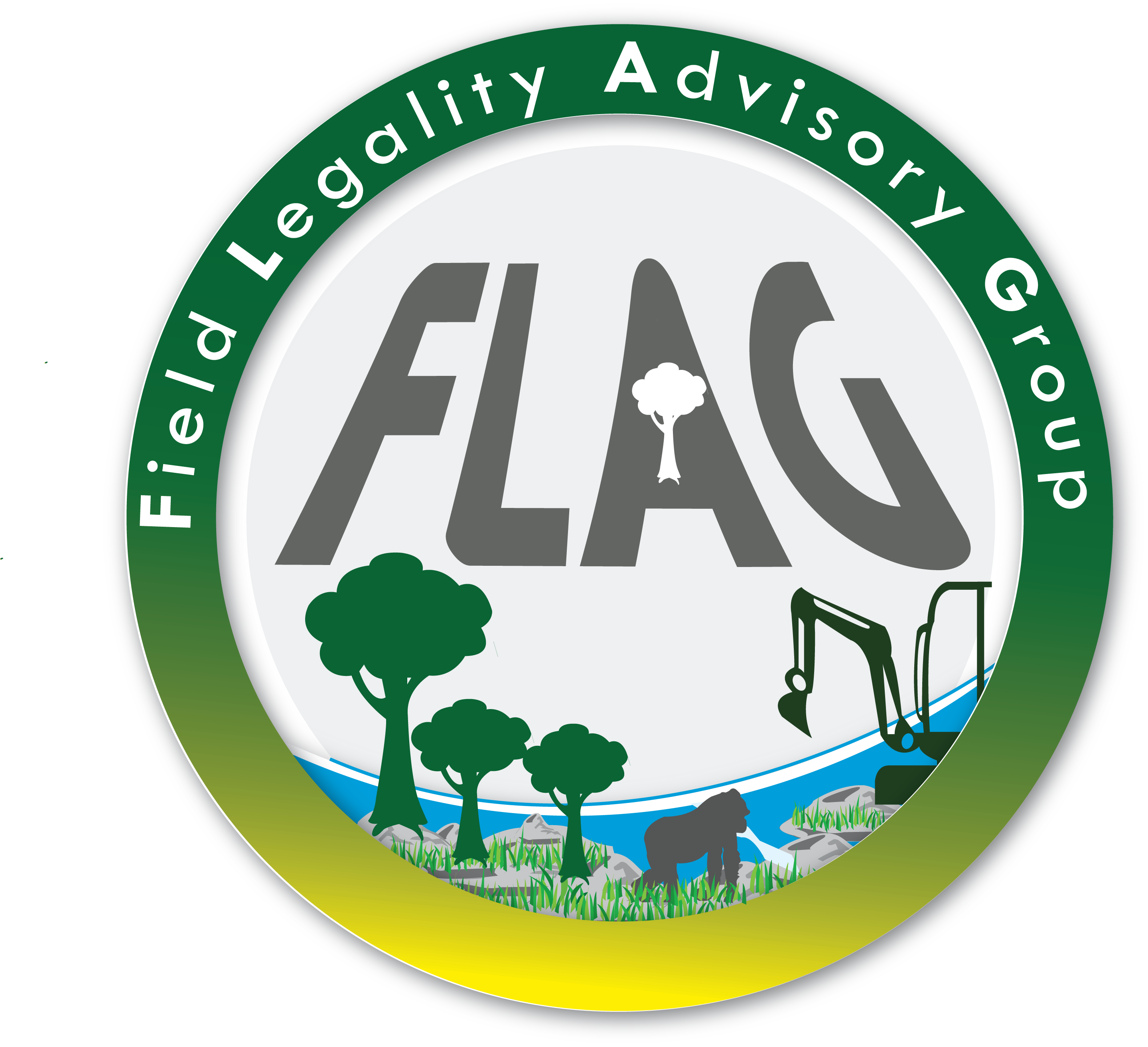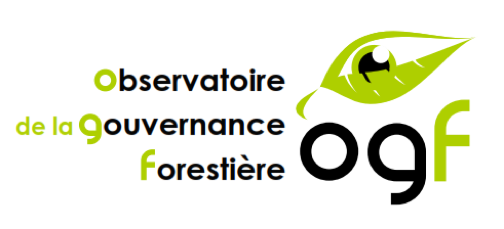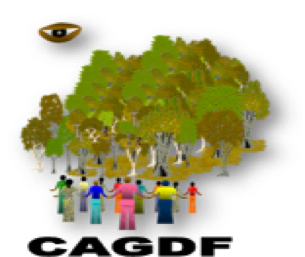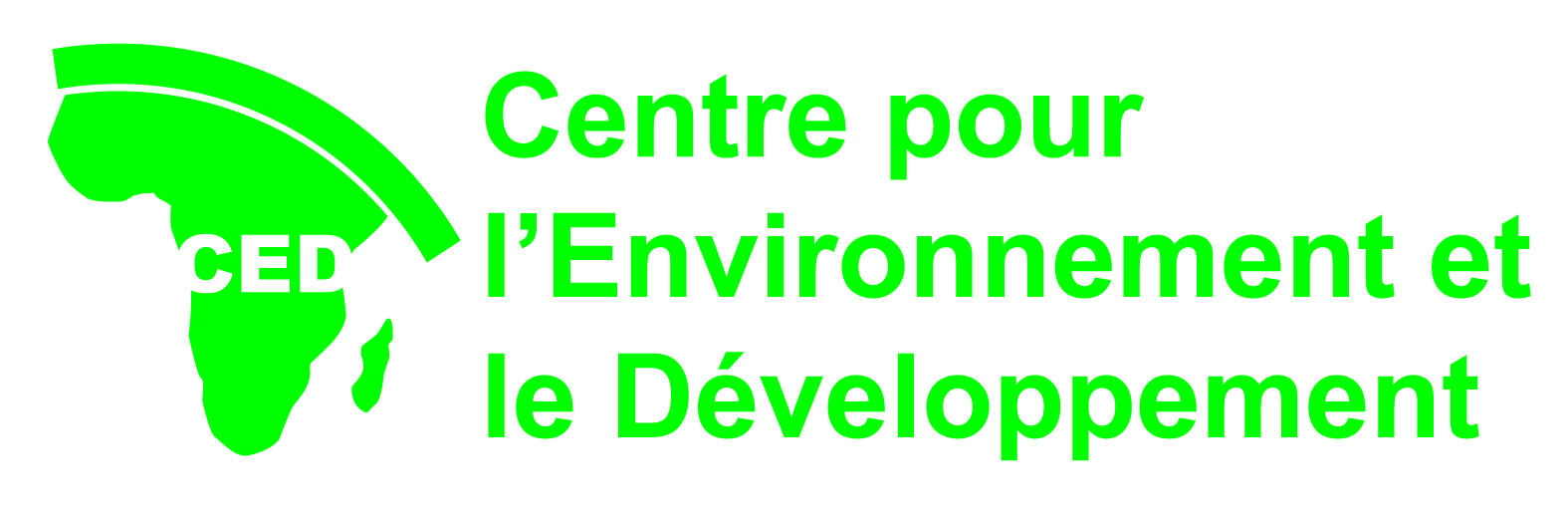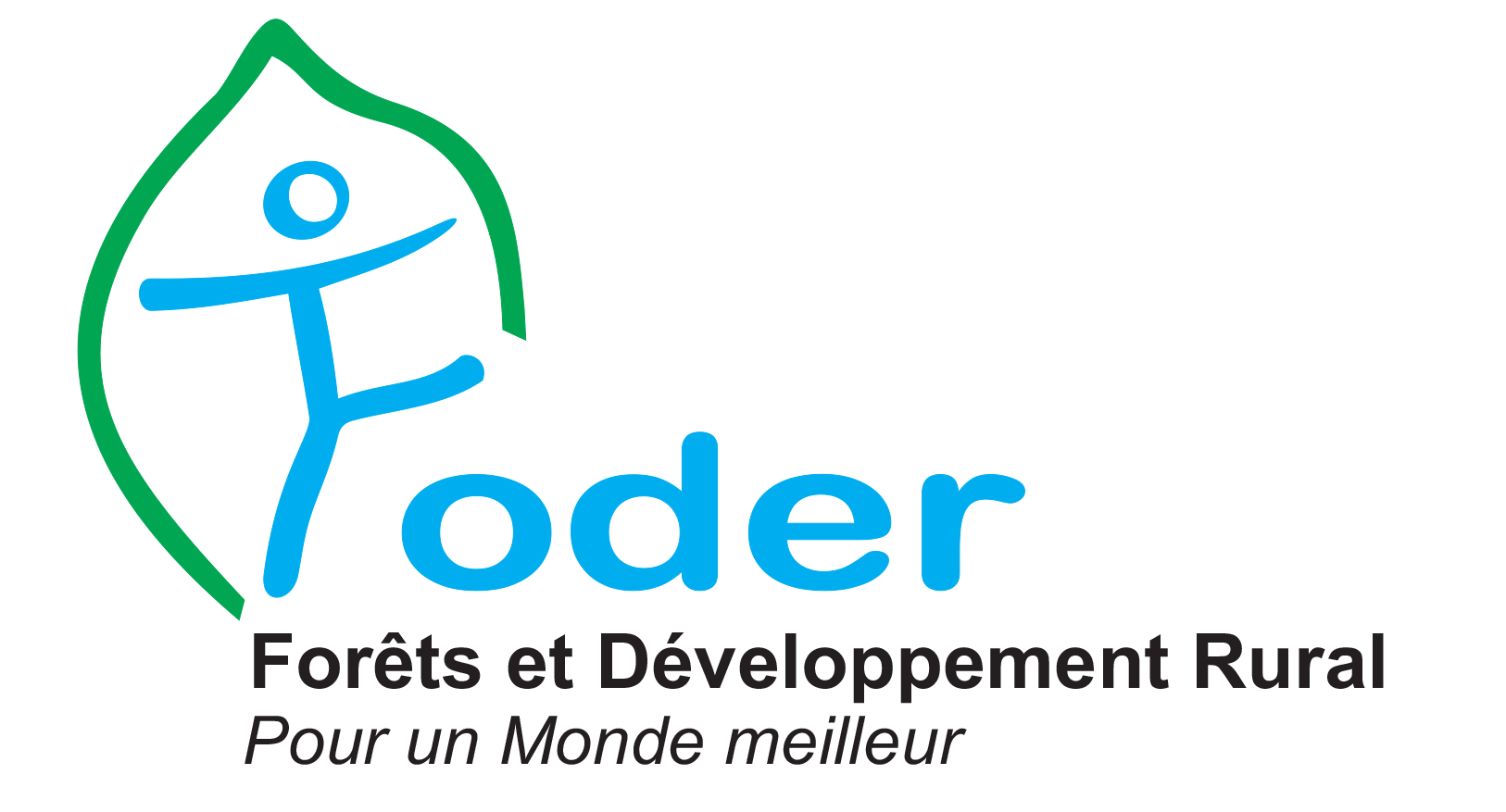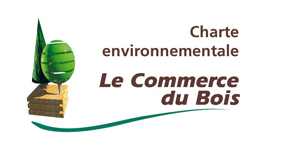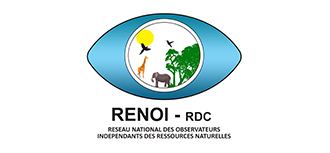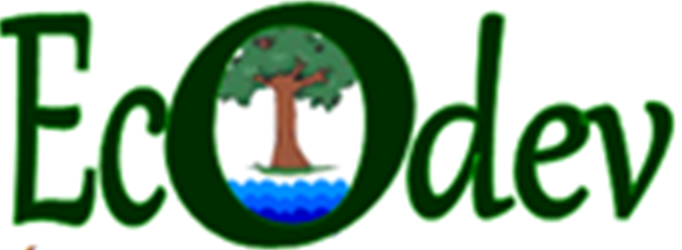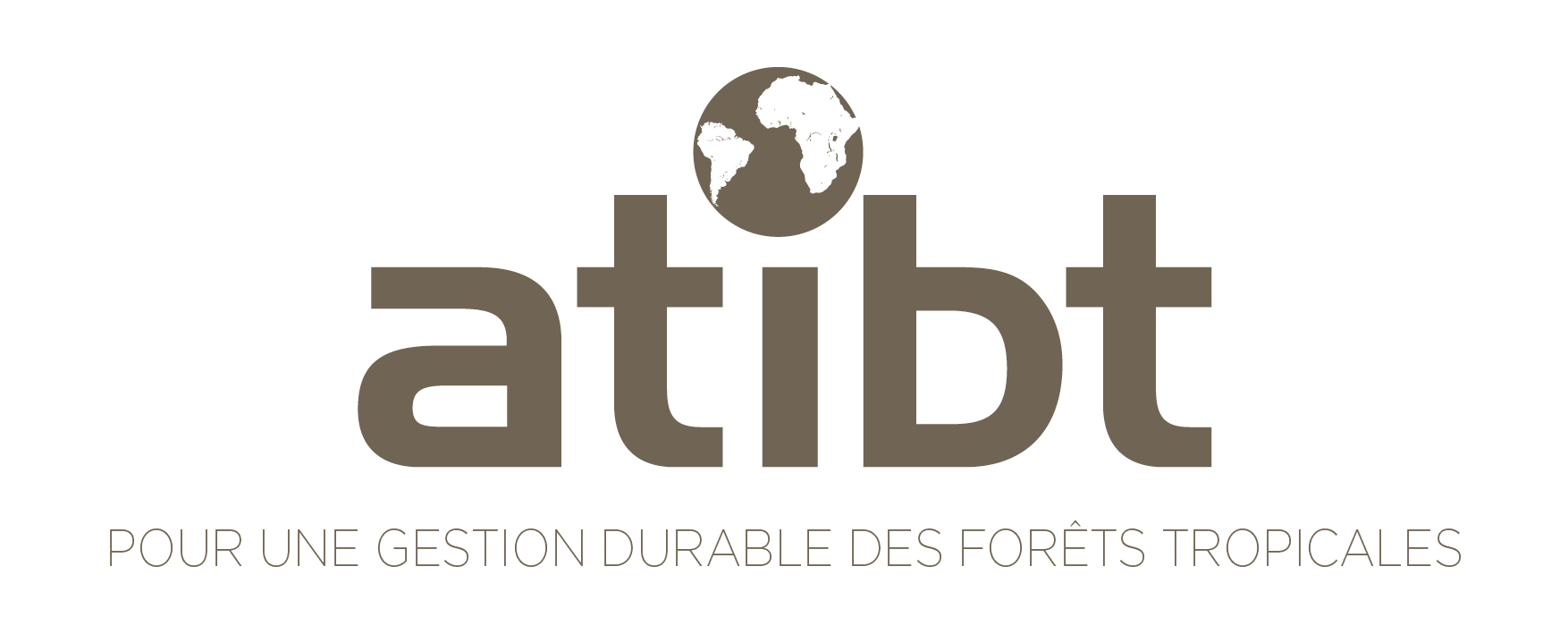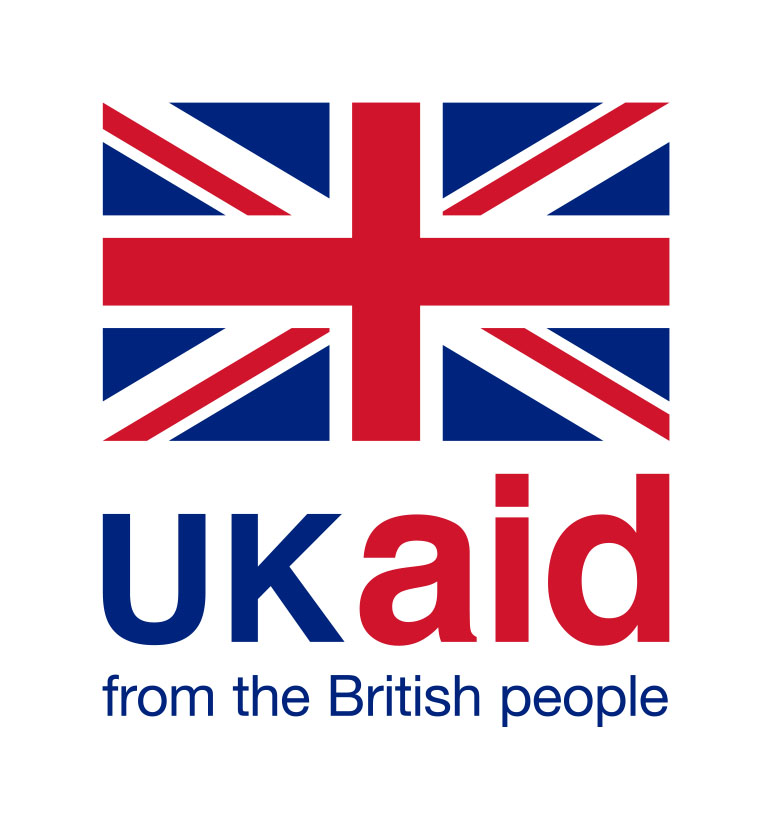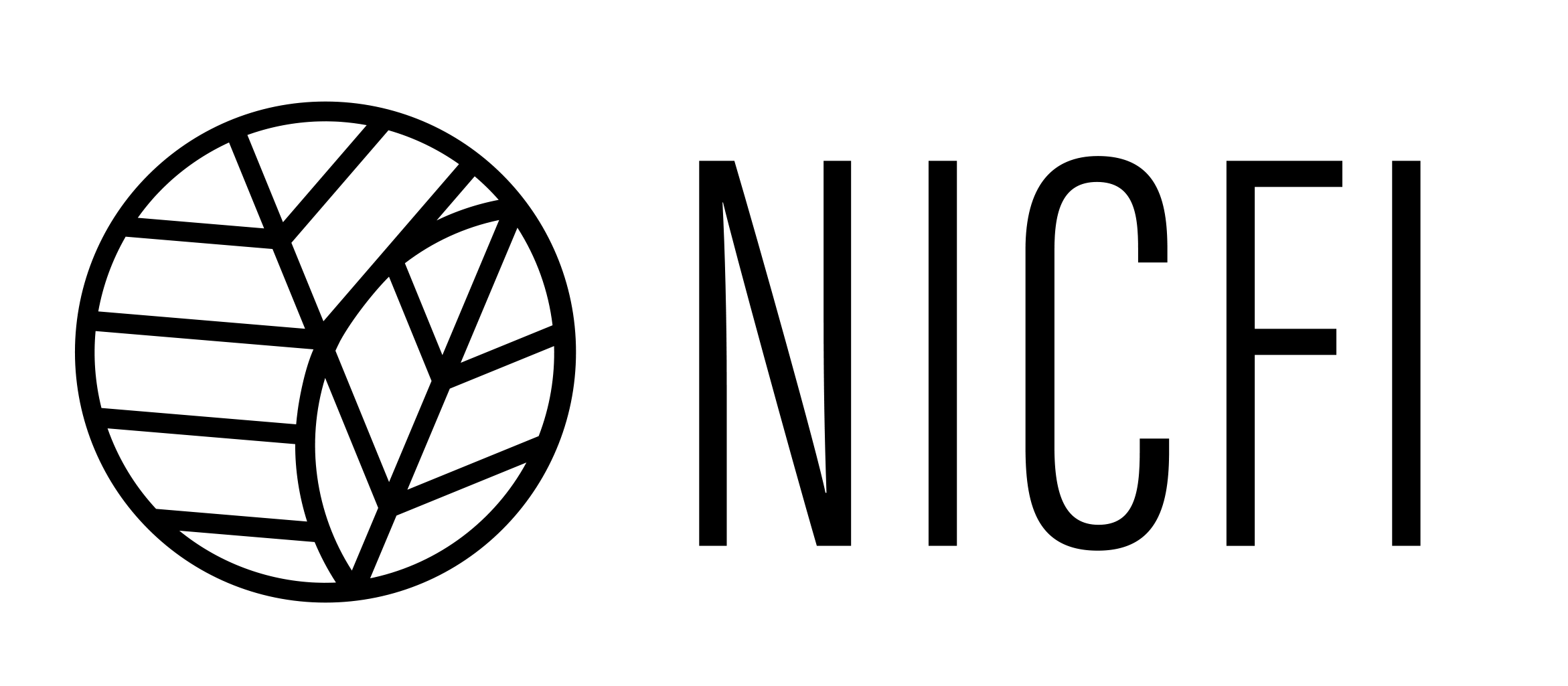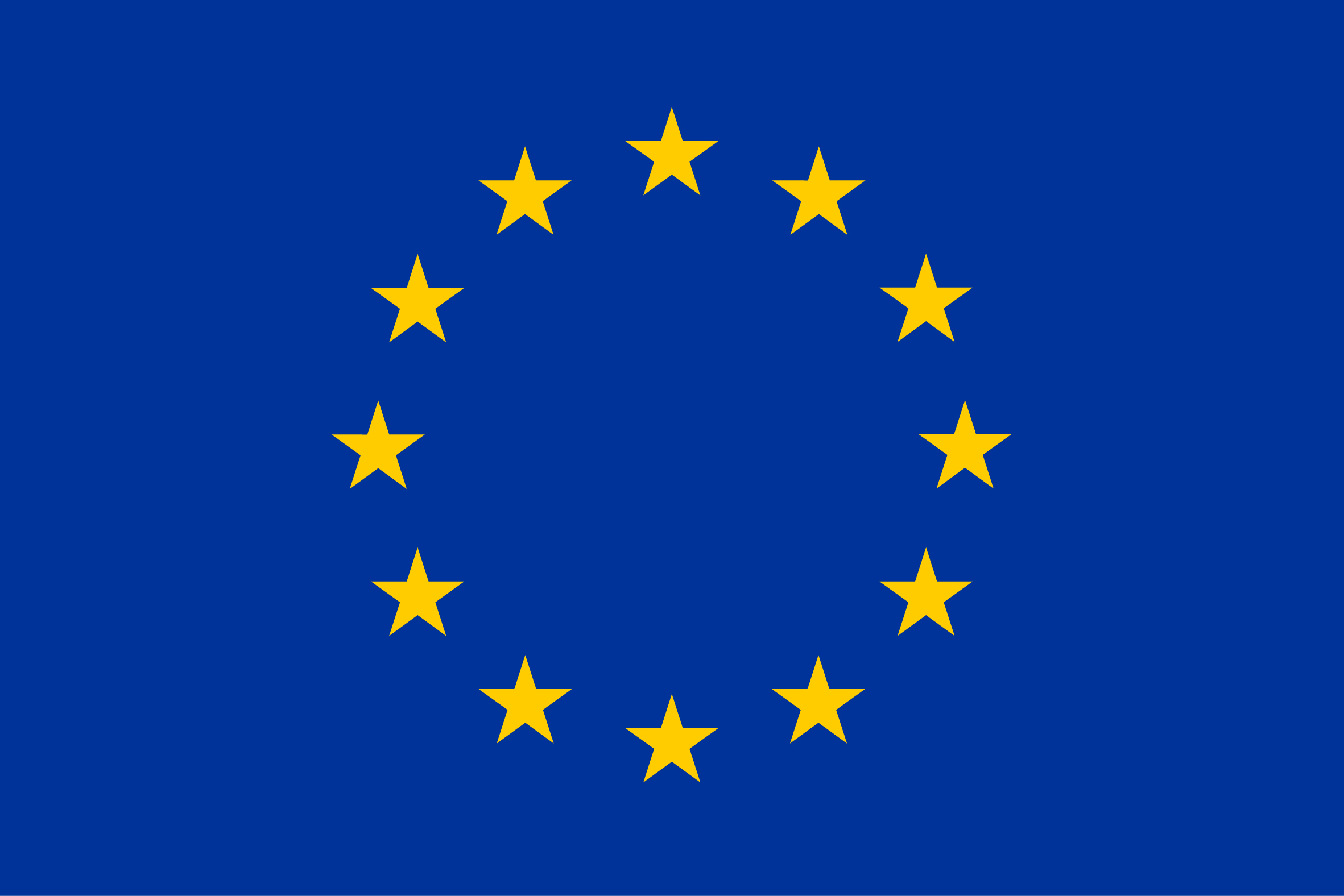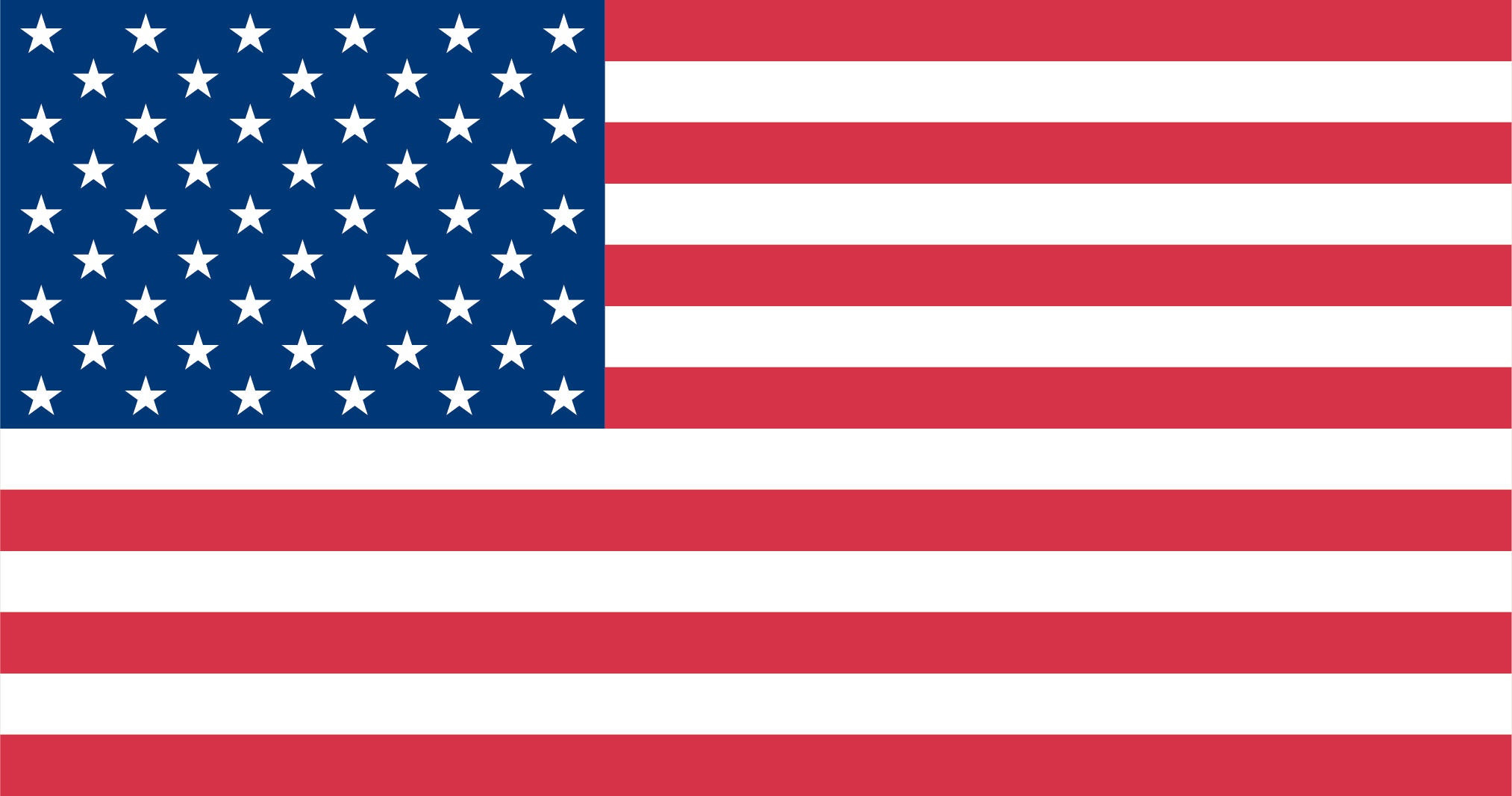Background
The Open Timber Portal is an initiative launched by the World Resources Institute to incentivize the production and trade of legal timber.
As such, this platform aims to improve access to comprehensive country-specific information about forest management and harvesting, and increase the effectiveness of regulations on illegal logging, such as the US Lacey Act, the Korea Act on the Sustainable Use of Timbers, the Japan Clean Wood Act, the Australia Illegal Logging Prohibition Act and the EU Timber Regulation (EUTR). For more information on these laws, please visit www.forestlegality.org.
The OTP compiles information from three different sources: official concession boundaries and the list of registered timber producers from the government; documents uploaded voluntarily by timber producers to demonstrate compliance; and observations by third party forest monitors. The list of documents to be published by operators is specific to each country. It is established based on the legality grid developed by national actors as part of the Voluntary Partnership Agreement (VPA) process between the producer country and the European Union. A VPA is a legally binding trade agreement between the EU and a timber-exporting country outside the EU. A VPA aims to ensure that all timber and timber products destined for the EU market from a partner country comply with the laws of that country. For more information on the VPAs, please visit http://www.euflegt.efi.int/what-is-a-vpa.
